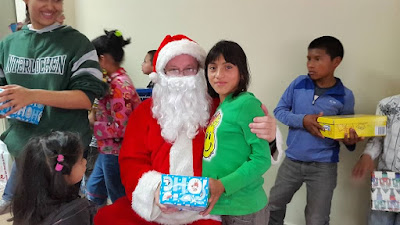What
Are Fine Motor Skills?
Fine motor skills are achieved when children learn to use
their smaller muscles, like muscles in the hands, fingers, and wrists. Children
use their fine motor skills when writing, holding small items, buttoning
clothing, turning pages, eating, cutting with scissors, and using computer
keyboards. Mastery of fine motor skills requires precision and coordination.
Fine motor skills develop after gross motor skills, which
control actions like throwing and kicking balls, as well as walking and jumping.
Gross motor skills utilize larger muscle groups and require less precision.
How Do We
Help Children Develop Fine Motor Skills?
Practice, practice,
practice. In most cases of fine motor skill development, practice does, in
fact, make perfect. Some ways to develop these skills are having children do
the following activities:
·
- Pop bubbles on bubble wrap with just the index
finger and thumb.
- Use an eyedropper to add food coloring to batter
with just the index finger and thumb.
- Finger painting
- Puzzles
- Video games
- Trace shapes or letters
- Legos or building blocks
These activities focus on smaller muscle groups. Using the
same muscles can help children develop muscle memory, which is when repetition
of one action allows that action to be performed almost automatically without
much effort. For example, pressing the correct buttons on video game
controllers can be difficult the first few tries. But after playing the game a
few times, we tend to master the buttons on the controller. Whether or not we
can master the video game itself is a different story, but it does become
second nature to press certain buttons to run or jump in the game.
Notable Accomplishments in Fine Motor Skill Development
Two popular terms that come up with learning about fine motor
skills in children are fist grip and pincer grip. An example of a fist grip is when children use their
whole hand and wrap it around a pencil to write their names. A pincer grip refers to the pinching
muscles. Eventually, most children learn to use a pencil with their thumb and
one or two fingers, which indicates that they have developed the pincer grip.
When it comes to terminology for this lesson, grip and grasp are
interchangeable.
Enjoy,
Nora Sierra
Early Childhood
Assistant Principal
Discovery School
(504)221-7790
(504)221-7791(fax)
(504)9500-1720(school
cell)
(504)9985-0732(mobile)




